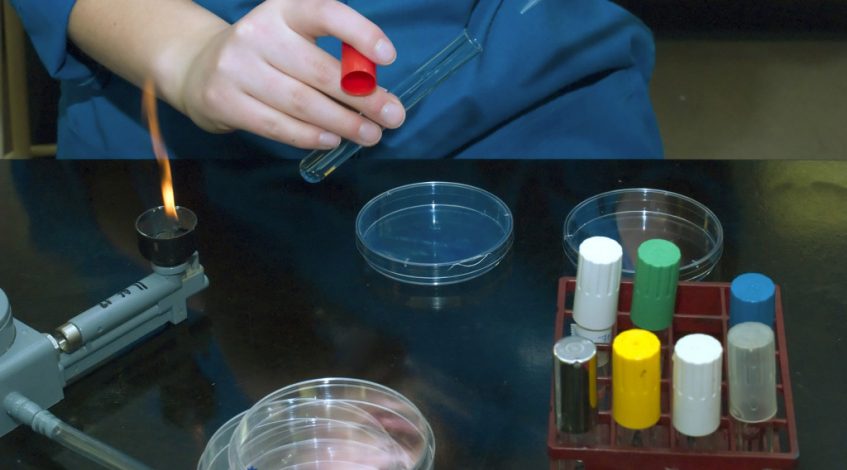Hydrographic studies science that studies the origin, conditions of occurrence, composition and patterns of movement of groundwater. The interaction of groundwater with rocks, surface waters and the atmosphere is also studied.
The scope of this science includes such issues as groundwater dynamics, hydrogeochemistry, groundwater prospecting and exploration, as well as reclamation and regional hydrogeology.
Hydrogeology data are used, in particular, to solve the issues of water supply, land reclamation and irrigation, the environmental consequences of hydraulic engineering construction (reservoirs, etc.), the exploitation of deposits of underground drinking, technical, mineral, industrial and thermal waters, deep burial of industrial effluents, as well as the forecast of water inflows into transport tunnels and mine workings of solid mineral deposits (mines, quarries)
Sections of hydrogeology
- General hydrogeology – considers general issues of groundwater nutrition and formation, including hydrometeorological conditions, the origin of groundwater, its classification, chemical composition, general issues of hydrogeological research and the compilation of hydrogeological maps.
- Groundwater Dynamics – studies the movement of groundwater in rocks of the earth’s crust under the influence of natural and artificial factors and develops methods for quantifying this movement
- Hydrogeological modeling is a section on modeling methods on various models of groundwater filtration processes.
